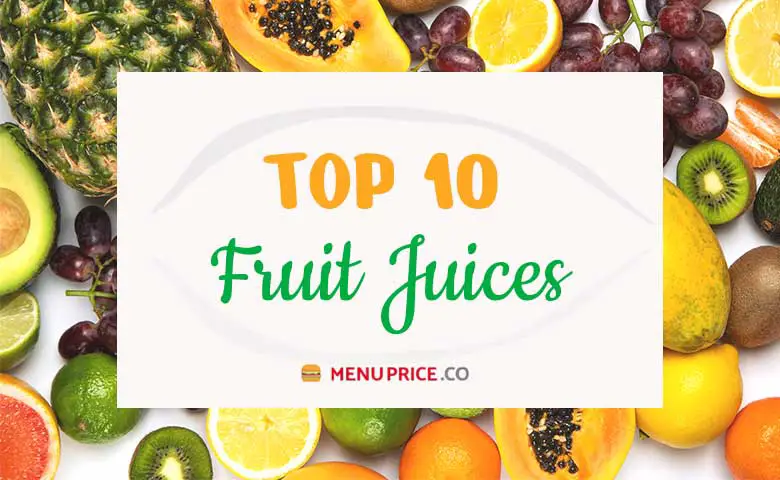Fruits & Vitamins: Best fruits for Vitamin Nutritions
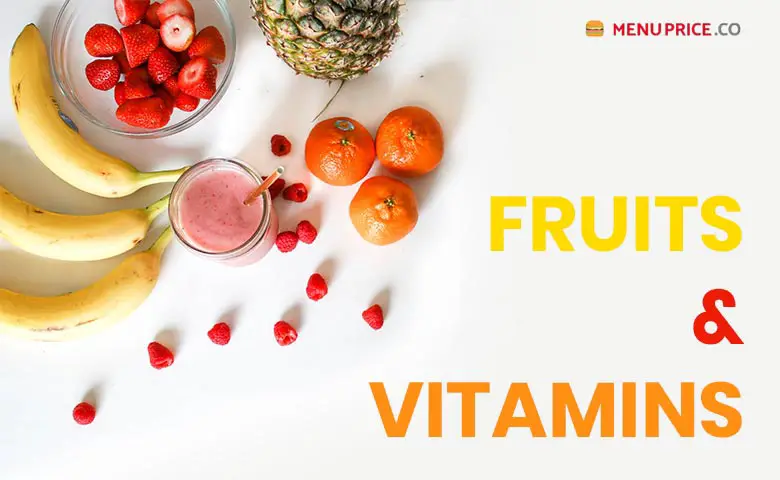
Fruits are an excellent natural source of food for vitamins and minerals. Various plants, trees bear fruits with sizes ranging from small Asian watermeal to watermelon are grown in different places around the world. Fruits not only help replenish nutrients, they also quench thirst, filling the stomach with organic sources of food ingredients. Fruits can be categorised as drupes, berries, pome based on their classification and physical features. Based on which the vitamin and mineral contents vary accordingly.
Table of Contents
- Vitamins & Nutrients in Berries
- Vitamins & Nutrients in Drupes type of Fruits
- Vitamins in Pome type of Fruits
- Vitamins & Nutrients in Dry Fruits
- Top Fruits Based on the vitamins & Mineral Content
Vitamins & Nutrients in Berries

Edible berries are rich in antioxidants and high in fiber contents. They have high Vitamin C and moderate amounts of other Vitamins and minerals. Common fruit berries are grapes, strawberry, avocado, mulberry, blueberry and blackberry.
Nutrients & Vitamins in Drupes type of Fruits
Drupe or stone pit fruit types of fruits include mango, pecans, cherry, peaches and plums, almonds. Generally these fruits are rich in carbohydrates and have high Vitamin A and C contents. Cherries have mineral nutrients such as manganese, copper and magnesium. Peaches are low calorie fruit rich in vitamins and Potassium mineral content. Plums are a great source of Vitamin A, C and K.
Vitamins in Pome type of Fruits
Pomes are accessory fruits with a thin layer of skin from the Rosaceae family of plants. Common pome fruits are apple and pears. These fruits have moderate amounts of fibers and low amounts of minerals and vitamins. Except for seeds, all the rest of the fruits are fit for consumption.
Vitamins & Nutrients in Dry Fruits
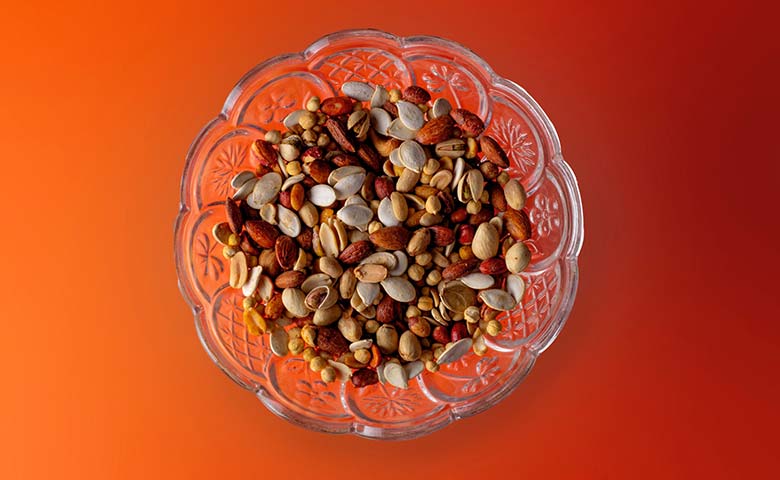
Dry fruits such as almond, cashew, walnut, hazelnut, pistachio are excellent sources of minerals and fiber content. They have a low value of Glycemic index. Drying process eliminates most of the water content enabling high shelf life and a good source of energy.
Top Fruits Based on the vitamins & Mineral Content
Mango
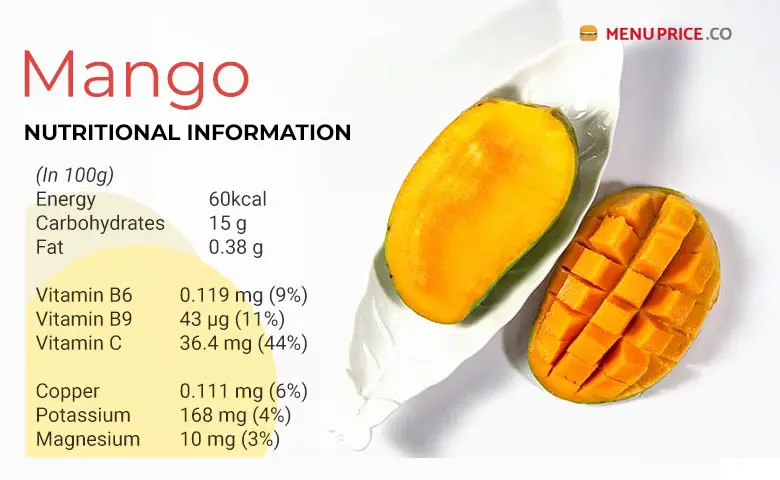
Mango is a pitted tropical fruit commonly found in South Asia with high Vitamin C, B9, B6 and low amount of minerals. Mango has 15% carbohydrates and 1% protein. Every 100 grams contain 60kcal of energy value. Mango has 6% of daily intake of copper, 3% manganese and 3% magnesium. It has 6% beta-carotene, 4% niacin, 4% of B5 Vitamin content. Mango can be consumed directly as well as in the form of juice. They’re used as ingredients in desserts, ice creams and cakes.
Apple
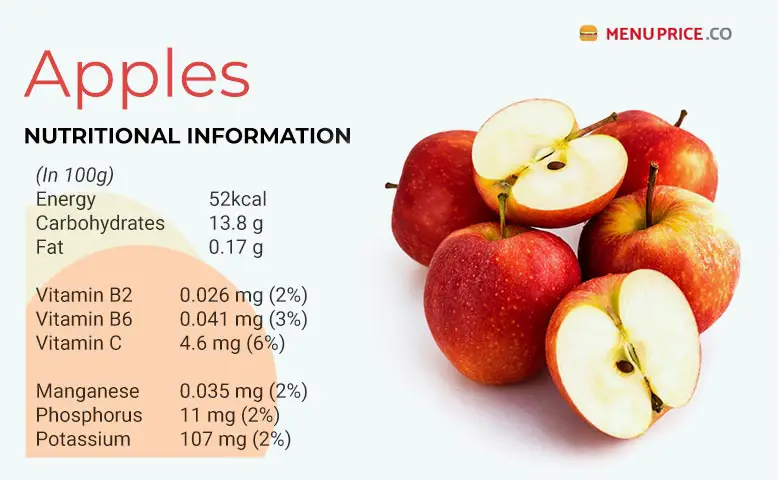
Apple is one of the most common fruits consumed in the world. Research indicated eating apples may reduce cholesterol which in turn reduces heart diseases. They have moderate vitamin C and fiber content. Apple Juice can be prepared by maceration pressing of the apple fruit. Most of the Apple fruit consumed is produced in China, the United States and Germany.
Orange
Orange is Citrus sinensis, also known as the Sweet orange group of sweet oranges commonly sold in supermarkets. Popular varieties of oranges include Navel, Jaffa, Mandarin, Seville and Blood oranges. All oranges from citrus species have very high Vitamin C content. Research indicates oranges helps in combat inflammation and acts as an anti-inflammatory against swelling and relieves pain. Calcium content in orange keeps bones, muscles healthy.
Banana
Native to South Asia and SouthEast Asia, Banana is one of the most commonly consumed fruits in the world. Bananas come in different sizes and colors. Generally Banana has high Vitamin B6 and Vitamin C. Also has high levels of Manganese, Magnesium, and Potassium content of daily intake. The dietary fiber in bananas is good for digestion. Potassium minerals in bananas help lower blood pressure and may improve heart health as it also contains Magnesium minerals. Bananas also contain several antioxidants. They're also consumed as snack food. In addition, they can also be used in cereals, yogurts, desserts as well as milkshakes.
Strawberry
Strawberry is a small red colored fruit with seeds studded surface from the genus Fragaria. Strawberries are consumed directly as well as in the form of milkshakes, desserts and pies. Strawberry has 58.8mg of Vitamin C (71% of daily intake) in every 100 grams of Strawberry. They're a powerful antioxidant fruit with rich Manganese and Potassium content good for a healthy heart. They may reduce blood pressure and reduce risk of cancer.
Guava
Guava fruit is from a tropical tree with the origin in Central America. Guavas are rich in Vitamin C and B9 (folate), B5 (Pantothenic acid), B3 (Niacin) content. They also have high levels of Magnesium, Manganese and Potassium minerals. Moderate amount of potassium may boost heart health and lower blood pressure. Guavas contain dietary fiber which aids in digestions and improves bowel movements. The antioxidants in guavas may improve skin health as well.
Pomegranate
Pomegranate is a Mediterranean origin seed studded red color fruit inside sarcotesta. They are consumed directly as well as used in juices, desserts, pies and cocktails. Pomegranates are rich in B9, B6, B5, B1 Vitamins and Vitamin K & C. They also have a moderate amount of Manganese, Phosphorous, Potassium and Zinc minerals. Punicic Acid and Punicalagins in the pomegranate have good medicinal properties. Pomegranate also has high anti-inflammatory properties. They may be good for fight agains prostate cancer and breast cancer.
Papaya
Papaya is a orange fleshed tropical fruit with black seeds. Papaya is rich in Vitamin C, folate and Vitamin A. They also have 21mg of Manganese and a low amount of other minerals in every 100 gram papaya fruit. Antioxidants in Papaya may help in lowering the risk of cancer. Vitamin C and Potassium content may also improve health and reduce blood pressure. The dietary fiber content also aids in digestion.


